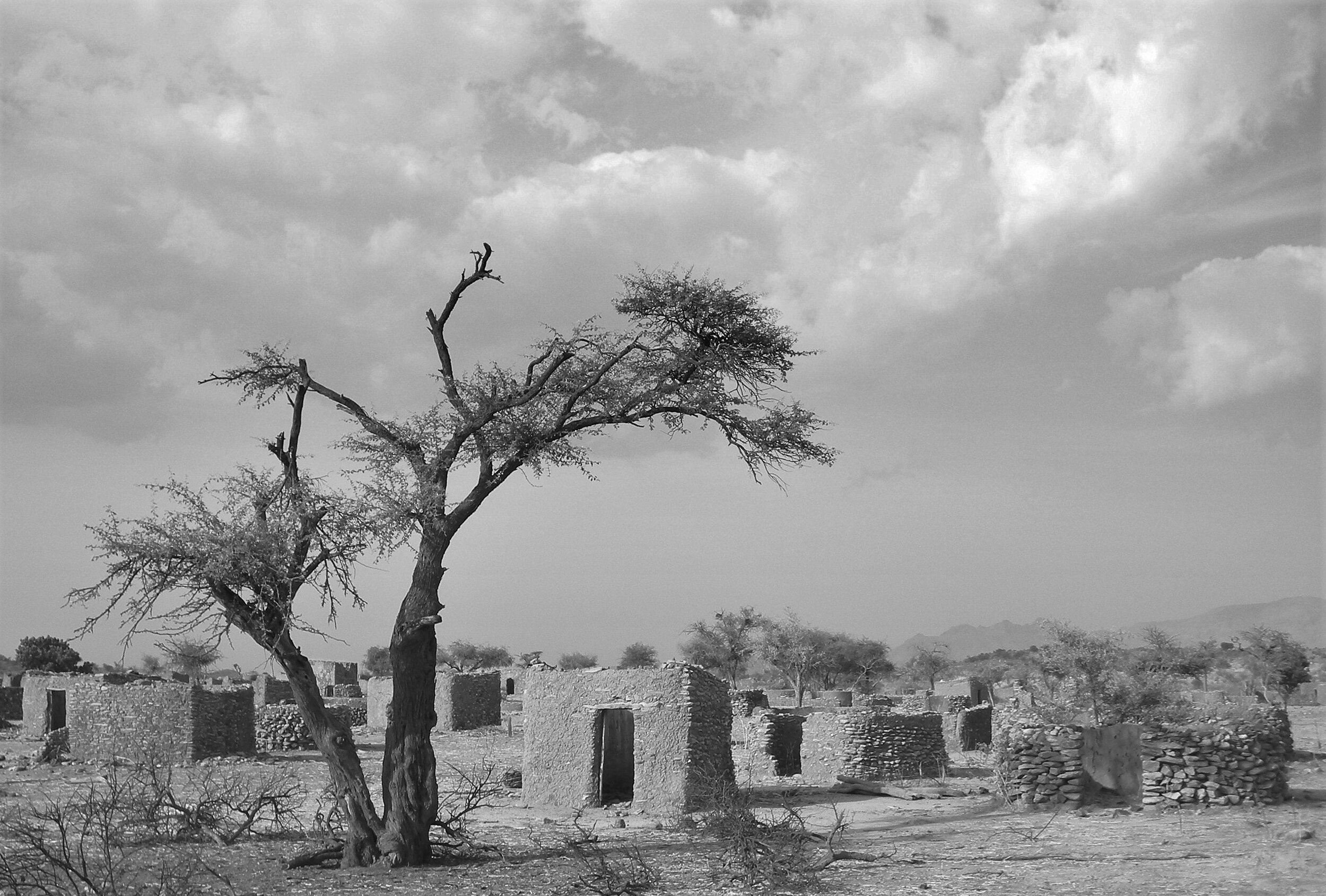Beyond Relief
A forgotten story - setting the context
In 2018 the UK’s government spent approximately £13.9 billion on overseas aid. World-wide annual global humanitarian assistance stands at $27 billion having risen by 14% annually since 2012 with over half of this spent in just five countries, Syria, Yemen, Iraq, and South Sudan, some of the most war torn and dangerous places on earth. Such countries are challenging the traditional object of humanitarian action – to try and combat suffering directly, irrespective of its political or historical context.
Such complex humanitarian emergencies not only threaten large civilian populations with suffering and death but pose severe constrains on those who seek to offer help. Kristalina Georgieva, the European commissioner for International Co-operation, Humanitarian Aid and Crisis Response, described humanitarian aid as, "one of the world's most dangerous professions”.
Research carried out by the Centre for Refugee and Disaster found that unlike in the past when humanitarian workers were killed by illness or in accidents, the highest risk is now intentional acts, with violence, shootings, and rape accounting for 60% of all deaths. In 2009, the Humanitarian Policy Group report showed that humanitarian workers were more likely to be killed that UN (United Nations) peace keeping soldiers.
With this shrinking of humanitarian space there has been a shrinking of psychological space. The Antares Foundation found that 30% of aid workers reported symptoms of post-traumatic stress disorder (PTSD) after field assignments. In addition, a 2013 study by UNHCR showed that 47% of staff had trouble sleeping and 57% reported symptoms of sadness, unhappiness, or emptiness.
Despite awareness of psychological and physical health risks, humanitarian workers have largely been disregarded as a subject for study. The lack of data and research in this area has serious implications for treatment efficacy and outcomes for therapists working with this client cohort.
An online search revealed only three organisations worldwide, the Antares Foundation, Konterra Group and the Headington Institute that advocate for the wellbeing of humanitarian workers. Whilst there is some research that has been conducted on the effects of trauma and stress on relief workers, the focus is largely on prevention activities pre-mission and during deployment. Once staff return home, support is either inadequate (no long-term treatment), ill-fitting (therapists unable to grasp their issues) or unsafe (fear that admissions of need may have a negative impact on their career chances).
This needs to change…

